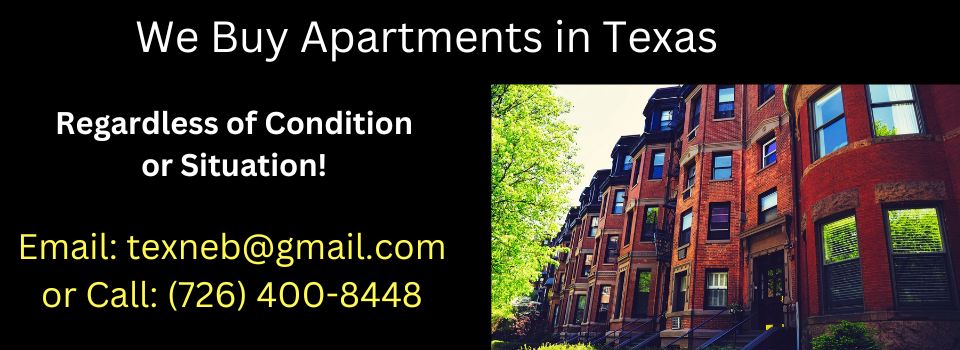In order to understand the closing of a deal when buying commercial property, let’s review the steps of the sales transaction:
1. Buyer submits an offer to buy the property either through a Letter of Intent or a formal Purchase Agreement, any necessary negotiations are completed, and the Seller accepts the offer and executes the Purchase Agreement.
2. Buyer opens escrow by submitting his earnest money deposit. Typically, escrow is opened with a Title/Escrow Company or an attorney.
3. Buyer begins the loan process by submitting documents to his lender.
4. Buyer commences his Due Diligence process and does his physical inspection of the property.
5. Buyer reviews title and proceeds to remove any contingencies in the contract.
6. Buyer and Seller agree on any remaining issues in the contract.
7. Buyer gets a loan commitment from his lender.
8. Buyer receives the Closing Statement and gives his final closing instructions to the escrow company.
9. At closing, Buyer and Seller sign the closing documents and Buyer submits his funds.
10. The Deed gets recorded, the monies are applied and the Buyer takes possession of the property.
An escrow is an impartial party that serves all parties in a transaction to transfer property. Duties that an escrow officer performs include:
• clearing up any outstanding liens
• ordering a title search
• examining the title report
• obtaining title insurance
• handling and disbursing all monies in the transaction
• preparing and issuing the final Closing Statements
• recording the Deed
• sending all loan documents to the lender
After you complete your due diligence and prior to finalizing the deal, I suggest that you go back and review your original thoughts on purchasing the property to make sure that your original assumptions concerning your plan and profit are still true:
• Review your exit strategies again and check your goals to make sure your exit time frames still work
• Make sure that the profit you originally projected still appears attainable after examination of the information you received during due diligence
• Make sure your loan assumptions still work now that you have actual loan information from your lender
• Check that your tax advisor still agrees with your tax goals.
You’ll want to review the final Closing Statement at least 48 hours prior to closing so that if there are mistakes, there’s time to correct them. As a buyer, you should double check everything and take nothing for granted. Some of the items that need close review include:
• checking the loan documents to make sure that they are what you agreed to (check interest rate, loan amount, amortization period, loan term, monthly payment amount, prepay penalty, due date, impounds for taxes, insurance and maintenance reserve account)
• the credits assigned to you
• completed repairs by Seller
• review rent prorations and security deposit amounts for accuracy
• ensure that personal property is being transferred with an appropriate Bill of Sale
• review the Deed for correct purchase price, names and dates
• review all fee amounts for accuracy
• verify that defects in title are cleared
• have your down payment and closing costs ready to be wire transferred
• make sure that you agree with the amount at the bottom of the Settlement Statement
• verify that you are taking title in the entity that you have chosen
The sale officially closes when Buyer has paid all monies due, the escrow officer has received the signed loan documents, Buyer and Seller have signed the final Escrow Closing Instructions and a specific date to record the Deeds is chosen. After escrow gets a check from Buyer’s lender to pay off the Seller’s loan, escrow sends the lender the closing loan documents, releases Buyer’s payment and gives the approval for the Deed to be recorded. After the Deed is recorded, title will be transferred to you and the sale is officially closed.
Congratulations, you are now the proud owner of real estate. Your work has just begun. If you have bought the property right, you are on your way to financial independence. If you have bought a rental property, it is now time to get to know your tenants or find tenants for your property. Make sure that you treat your investment as a business., not a hobby. You should be friendly with your tenants, but businesslike. If it is your responsibility always take care of problems promptly and if it is the tenants responsibility let them know that so that you can keep the relationship open and communicative.
As I say throughout my blogs, if I may be of assistance with your real estate questions please contact me. My way of giving back is to give away my knowledge. Thank you for reviewing this blog.
